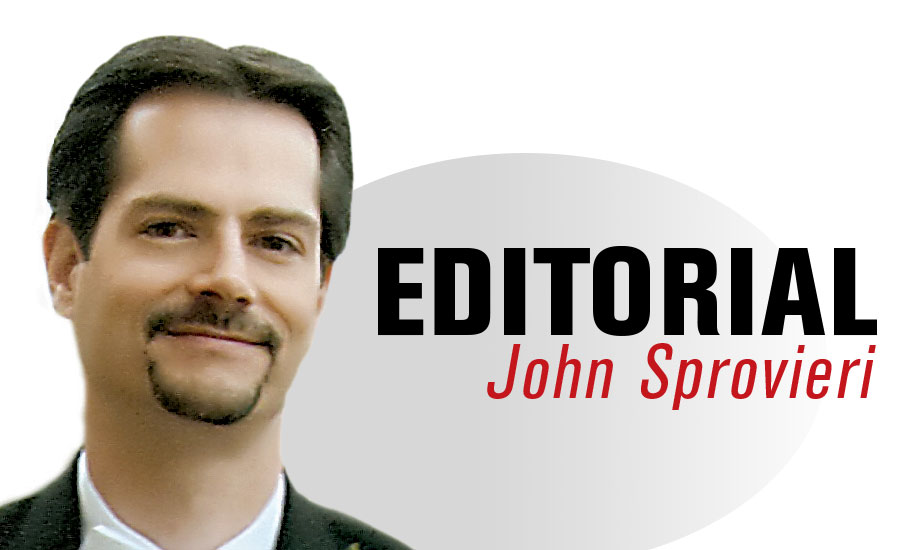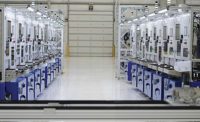Is Your Company Agile?

I am not a fast decision-maker. Faced with numerous options, I have a hard time choosing.
My wife does not share this problem. I’ll never forget the day she picked out her wedding band. Looking down on a case filled with dozens of glittering baubles, she pointed one out almost instantly. Didn’t she want to see others? No. Perhaps another store might have something better? No. She wanted that one.
Manufacturers, too, must make fast—and wise—decisions about what to make and how to make it. In these days of global competition and lightning-fast technological change, that ability has never been more important. A new study published in the December 2015 issue of McKinsey Quarterly confirms that.
McKinsey & Co. surveyed more than 365,000 employees at 161 companies worldwide. The survey assessed how various organizational and leadership characteristics affect a company’s health.
To measure speed, the survey asked employees how often they observed management making important decisions quickly and how often their organizations adjusted rapidly to new ways of doing things. To measure stability, the survey asked employees how often they observed their organizations implementing clear operating goals and metrics; setting clear standards and objectives; establishing structures that promote accountability; and devising processes to document knowledge and ideas. The percentage of respondents who answered “often” or “almost always,” compared to all respondents, was calculated for all companies, resulting in an “Agility Index.”
McKinsey found that companies scoring best in both speed and stability metrics were among the healthiest and best-performing organizations.
Overall, few companies stood out as being agile. More than half (58 percent) had speed scores, stability scores, or both that were average. An additional 22 percent of companies were “slow.” These companies were characterized by poor organizational health.
Only 20 percent of companies were “fast,” and all had better overall organizational-health scores than the other 80 percent. What’s more, companies that ranked highest in both speed and stability were among the healthiest overall companies in the sample.
Why? McKinsey analysts identified several management practices that differentiated the sample’s most agile companies from the least agile ones. For example, both role clarity and operational discipline are highly ranked practices among agile organizations, but not among the least agile ones. This suggests that what makes agile companies special is their ability to balance fast action and rapid change, on the one hand, with organizational clarity, stability and structure, on the other.
Agile organizations are also powerful machines for innovation and learning. Their performance stands out in three management practices: top-down innovation, capturing external ideas, and knowledge sharing. Agile companies are also strong at motivation. These companies particularly excel at providing meaningful values and delivering inspirational leadership.
Is your company agile? See for yourself at www.mckinsey.com/quarterly.
Looking for a reprint of this article?
From high-res PDFs to custom plaques, order your copy today!




